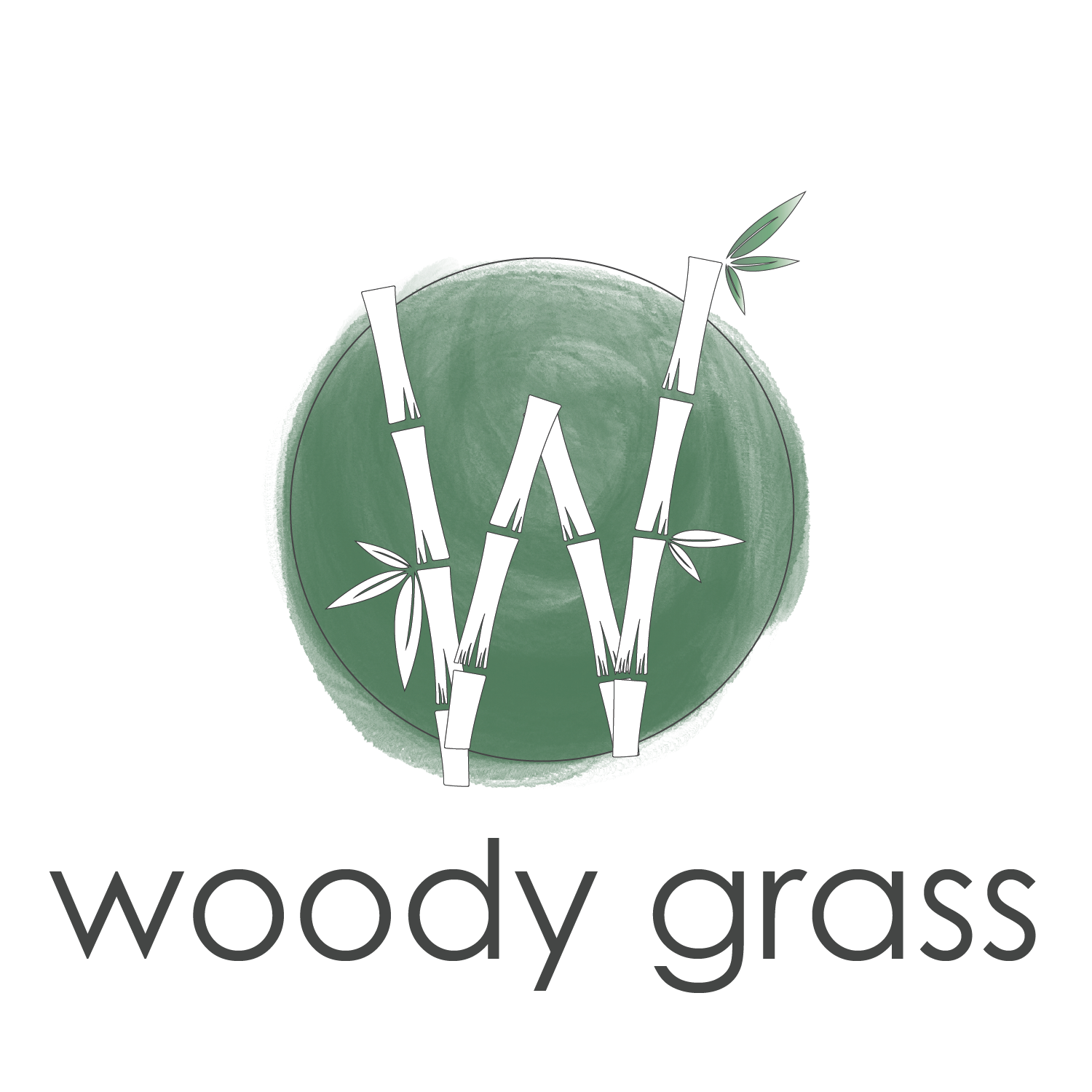Plastic is a global problem. For decades, underestimating the dangers of plastics, we took them for granted. We overproduced, overused, scrapped, and produced more and more. All these years of plastic usage have resulted in non-degradable materials piled up in landfills and millions of metric tons of plastics dumped into the ocean.
And now, after the damages have occurred and to stop further deterioration, countries are taking strict action to eliminate the use of plastic. Many countries, including India, are attempting to curb single-use plastics and proposed limitations in manufacturing other plastic products.
We can also see a progressive shift toward sustainable alternatives at individual and commercial levels.
One of the superior eco-friendly alternatives preferred today is 'bamboo.' Bamboo is a fast-growing plant that belongs to the Poaceae grass family. It is a strong, versatile and renewable material that can be used to create multiple products.
Bamboo is highly sustainable, biodegradable, strong, durable and low maintenance material. All these characteristics of bamboo make it the best alternative to plastic.
Why Bamboo? What is Bamboo farming?
Bamboo is one of the commercially cultivated agroforestry crops grown in many favourable geographies across the world. It is often known as low-cost timber. China is the world's largest bamboo producer, followed by India. Bamboo can grow in harsh environments that don't require many natural resources, chemical fertilisers, and pesticides.
You might have a question: While any hardwood can replace plastics, why is bamboo gaining all the attention? There are various reasons that make bamboo a better sustainable alternative than other hardwoods. Hardwoods take over 30 years to grow and attain maturity, while bamboo reaches maturity in 3-4 years.
When bamboo is harvested, it will be cut from the bottom shoot. And as bamboo has a rhizome growth pattern, it renews itself and grows again. There is no need for replantation after every harvest. Along with that, bamboo produces 30% more oxygen than other trees. It also absorbs carbon dioxide five times more than the other trees.
Bamboo is said to be the fastest-growing plant on the earth. It carries a historical value, and in many Asian countries, few bamboo species are considered edible.
All these qualities of bamboo make them an attractive eco-friendly and sustainable alternative to plastics and other environmentally less-sustainable and non-renewable materials like tree timber, hardwood, and metals.
Requirements for bamboo farming
1) Climate -
Though bamboo farming can be carried out in any climate, it grows best in hot to warm temperature climatic conditions. Also, sometimes cold winds are not apt for bamboo farming as they can affect the tips of the bamboo branches and leaves.
2) Soil -
Bamboo grows exceptionally well in other soil types except for rock-strewn soil. The soil in which bamboo farming is done should have a pH range of 4.5 to 6.0.
3) Propagation -
Generally, bamboo is grown through culms cutting or rhizomes. A third method, propagating bamboo through seeds, is rarely carried out. Bamboo seedlings are grown in seedbeds and transferred to pots for a year and will be transferred into the main field.
4) Manuring and Fertilization -
Bamboo plants are heavy feeders, so it is essential to use manure and fertilizers to get high quality and the best yield. If fertilizers are not applied, it might severely damage the soil. Potassium and nitrogen are the main components of bamboo fertilizers. Along with that, you can also use green manure, organic compost, and wood ash wastes.
5) Irrigation -
Drip irrigation can be the best irrigation method for bamboo farming. Bamboo requires only a minimum of water. Moreover, bamboo is sensitive to water logging.
6) Harvesting -
Harvesting can start in the 4th or 5th year. During the first harvest (the fifth year), 6 culms can be harvested, followed by 7 culms in the next harvest (the sixth year) and so on.
How can the benefits of bamboo farming impact environmental differences?
As we discussed, bamboo is one of the best sustainable materials that can replace plastic and other hardwoods. Plastics are non-biodegradable, and they cause heavy damage to the environment. While hardwood cultivation can be highly demanding, it also results in heavy deforestation. While other metals are non-renewable, processing them into a product again requires rich natural resources and results in emissions of pollutants.
With bamboo, all these problems can be solved. Bamboo grow fastly, and cultivating it can help in aforestation. Processing it doesn't require any complicated procedures that demand natural resources or emit carbon dioxide.
Bamboo is a highly versatile material, so any product can be made using it. Everything is possible with bamboo, from toiletries, decor and clothing to flooring, interior designing and housing.
As people are now aware of the negative impact of plastics on the environment, they are gradually turning towards sustainable options and becoming responsible consumers/customers.
So bamboo is in peak demand these days. By harvesting bamboo, you can yield good economic returns along with adding sustainability to our lifestyles.
Woody Grass is a bamboo-centric platform that celebrates sustainability and green living with a wide range of products, including furniture, garden accessories, lamps and lightings, home decor products, organisers and toiletries. We postulate to build a future driven by alternative solutions and sustainable choices.

